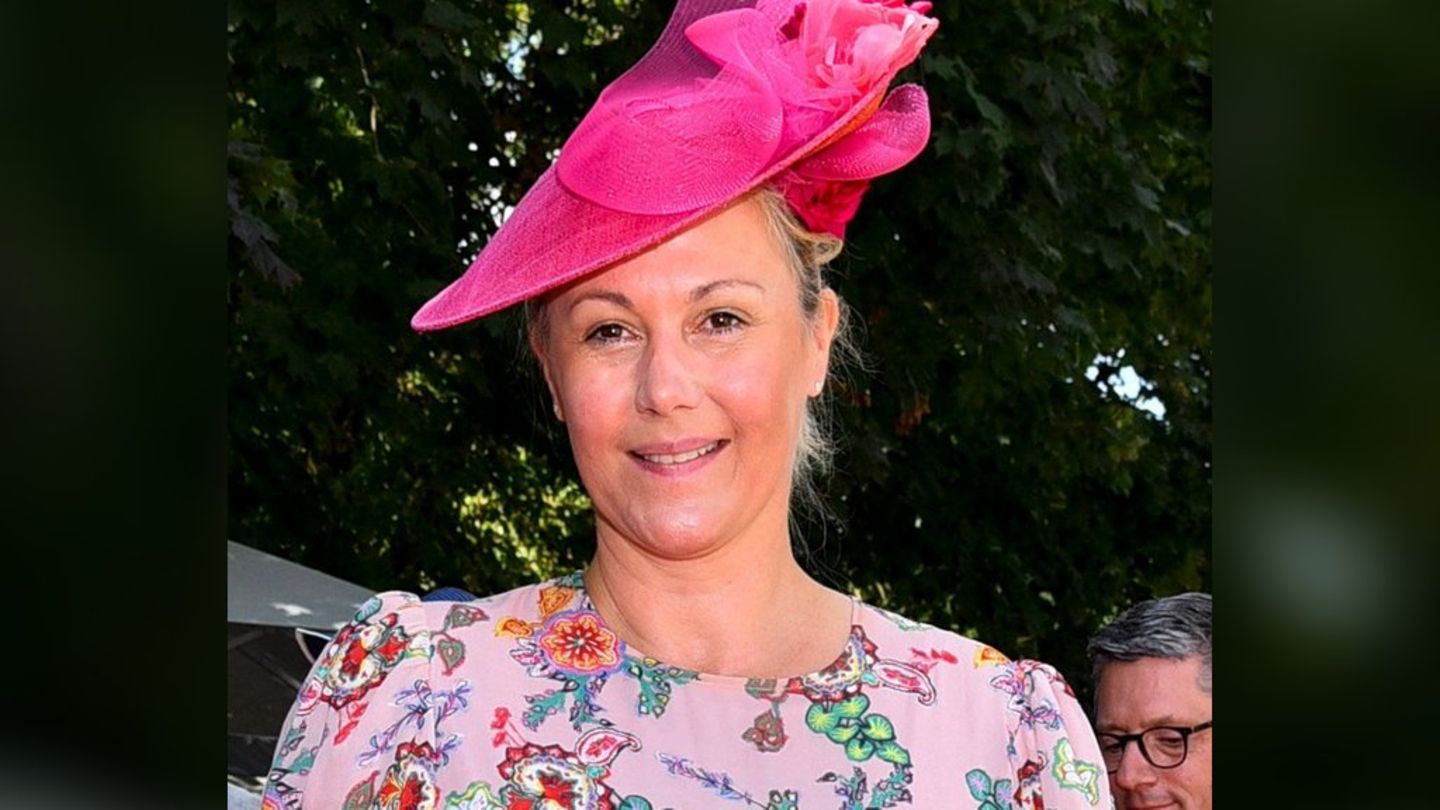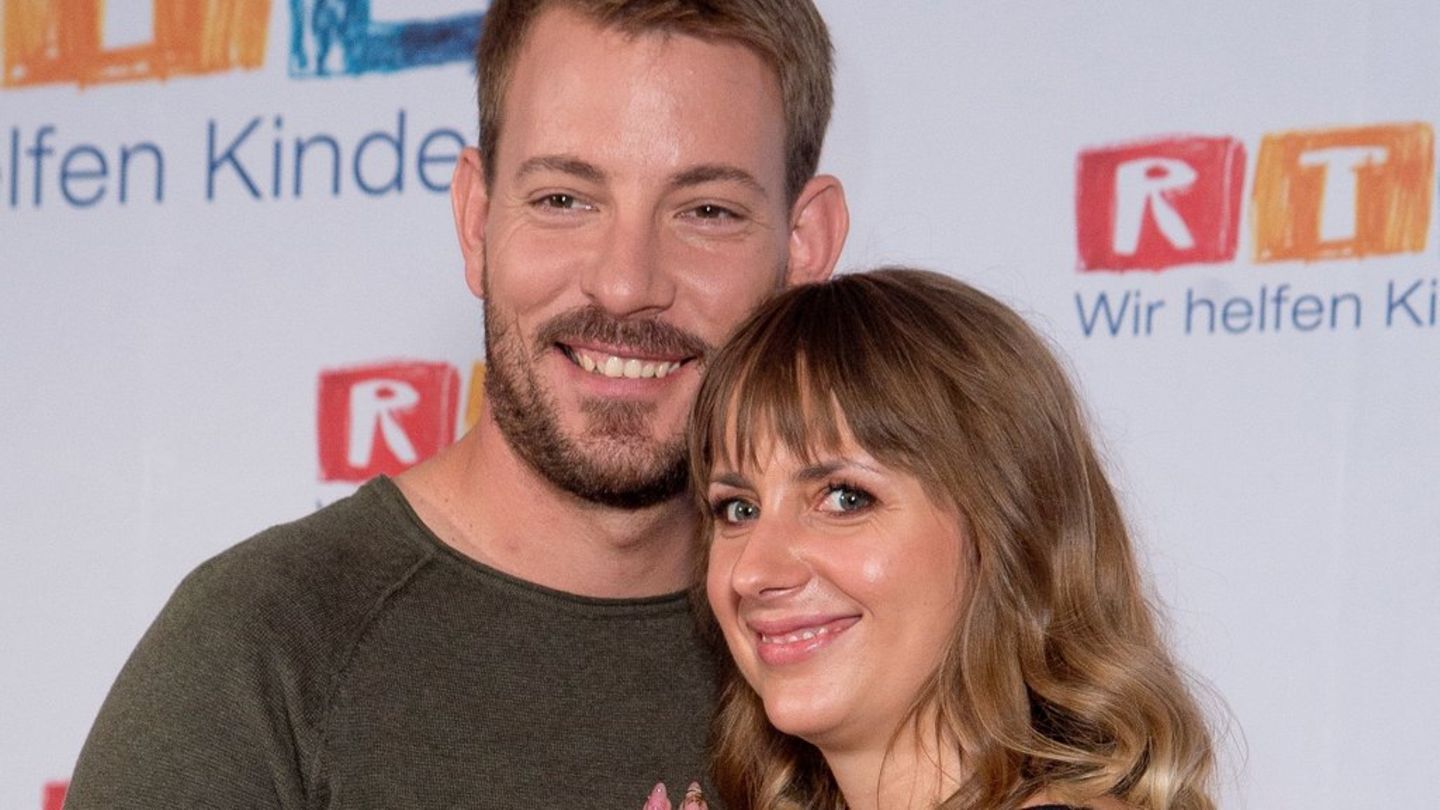One of the largest free trade zones in Europe and South America has been under negotiation for more than 20 years. Even after a German-Brazilian government meeting, it remains unclear whether this will work.
Germany and Brazil are pushing for a rapid conclusion of the planned free trade agreement between the European Union and the South American economic community Mercosur.
“We are strongly committed to ensuring that the agreement is finalized quickly,” said Scholz in Berlin after the German-Brazilian government consultations. Brazilian President Luiz Inácio Lula da Silva said that, despite all the difficulties, he would not give up on contributing to the success of more than 20 years of negotiations. “I hope that the European Union shows that it is interested in concluding the treaty.”
Clear differences in the Middle East conflict
At the first government meeting between the two countries in eight years, clear differences emerged in security policy – especially in the Gaza and Ukraine wars. While Germany is only advocating for ceasefires between Israel and the Islamist Hamas in order to enable humanitarian aid, Brazil is calling for an immediate and permanent ceasefire. Lula had even accused Israel of “terrorist acts” in view of the children and women killed in bombings in the Gaza Strip.
He did not repeat this formulation at the press conference with Scholz, but he did sharply criticize the Israeli bombings. The Chancellor and the President agreed that there must be a two-state solution to the conflict, i.e. not only the Israeli state but also a Palestinian one.
Objections, especially from France, to free trade agreements
However, the focus of the consultations was economic cooperation. Lula actually wanted to conclude negotiations on the EU-Mercosur agreement, which is intended to create one of the largest free trade zones in the world with more than 700 million inhabitants, at a summit meeting of the South American community of states on Thursday. However, this is now more than questionable, especially because of the resistance from France and the current Argentine government. The new Argentine President Javier Milei, who is considered a supporter of the agreement, takes office on Sunday.
The EU’s talks with the four Mercosur states Brazil, Argentina, Uruguay and Paraguay about the free trade zone have been going on for 23 years. A fundamental agreement from 2019 will not be implemented due to ongoing concerns – for example about rainforest protection.
Scholz calls for “the greatest possible pragmatism”.
Scholz said Brazil and Germany supported the deal in order to exploit the enormous potential in trade and economic relations. It is necessary to conclude the negotiations now. “There is a lot to be said for improving relations between the European Union and Mercosur by bringing about such a trade agreement.” He is convinced that there will be a majority in favor of it in the European Council and the European Parliament once the agreement has been negotiated. “I ask everyone involved to be as pragmatic as possible and to be as willing to compromise as possible.”
At the COP28 world climate conference in Dubai, French President Emmanuel Macron spoke out against the agreement. This does not take biodiversity and the climate into account, he said on Saturday.
Consultations now every two years
Nine ministers took part in the government meeting on the German side and twelve on the Brazilian side. Several agreements were signed to deepen cooperation. The Federal Government regularly arranges government consultations with countries with which there is a particularly close partnership or which are of particularly great strategic importance for Germany.
The cabinets of Germany and Brazil met for the first time in Brasília in 2015 to broaden their relations. However, under right-wing populist President Jair Bolsonaro, who earned the nickname “Tropical Trump,” the consultations were on hold for years. After Lula’s return to the Brazilian leadership, the idea was revived. The consultations will now take place every two years, alternating between Germany and Brazil.
Source: Stern
I have been working in the news industry for over 6 years, first as a reporter and now as an editor. I have covered politics extensively, and my work has appeared in major newspapers and online news outlets around the world. In addition to my writing, I also contribute regularly to 24 Hours World.




